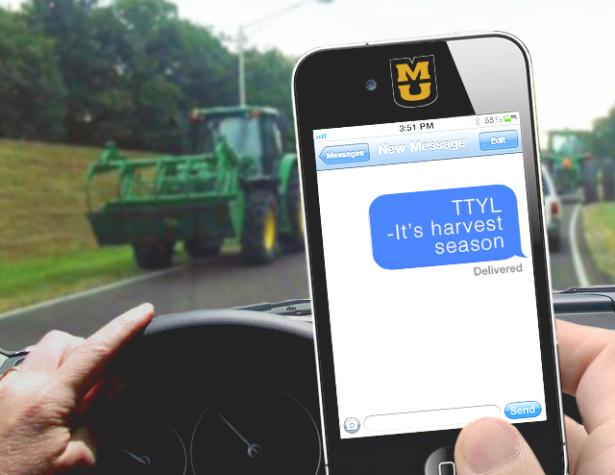

Cellphones and rural roadways do not mix at harvest
COLUMBIA, Mo. - Fall harvest and texting do not mix, says University of Missouri Extension safety specialist Karen Funkenbusch. Turn your cellphone to TTYL (talk to you later).Rural roads are full of hazards in the fall.Farmers move large equipment from one field to another during harvest. They make wide turns, and large equipment reduces visibility. School buses make frequent stops on their morning and afternoon runs.
Good soil makes for green thumb gardening
COLUMBIA, Mo. – “You don’t need to have a green thumb to be a good gardener, but it certainly helps to have good soil,” said David Trinklein, University of Missouri Extension horticulture specialist.
Fall is a good time to plant garlic
COLUMBIA, Mo. – “Take two cloves of garlic and call me in the morning,” Most of us likely haven’t heard that from the family physician lately.
Nutrition plays an important role in eye health
INDEPENDENCE, Mo. – There is evidence that nutrients can play an important role in treating and preventing age-related macular degeneration (AMD), the leading cause of vision loss in people over the age of 60 in the United States. Macular degeneration affects the tissue in the eye that is responsible for central vision, says Tammy Roberts, University of Missouri Extension nutrition and health education specialist.
Some flowers strut their colors in fall
COLUMBIA, Mo. – Like peacocks, some flowers strut their vibrant colors in fall.
Saving seeds not a good investment
COLUMBIA, Mo. — A penny saved is a penny earned, but saving seeds from the garden can be a questionable use of time and energy.“Saving one’s own garden seeds is a false sense of economy,” says University of Missouri Extension horticulture specialist David Trinklein. “In the world of gardening, seeds are one of the least expensive costs, but perhaps the most important investment.”
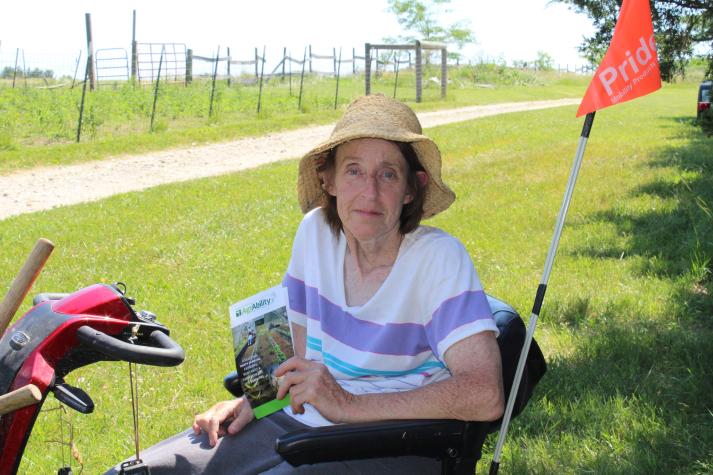
AgrAbility helps woman with MS find ways to keep farming
A farmer with MS uses adaptive tools and clever solutions to keep growing produce, raising poultry and welcoming visitors on her small farm.

Arts can boost, diversify small-town economies
COLUMBIA, Mo. – A two-day training this fall will show civic leaders, artists, elected officials, entrepreneurs, business owners and others how the arts can play a role in community and economic development.
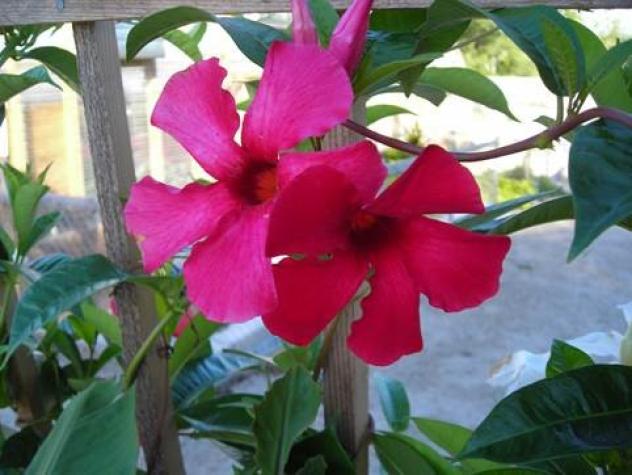
Hot plants that are cool
COLUMBIA, Mo. – Plants and people are alike when it comes to sizzling temperatures. Some wilt. Some rejoice in the summer sun.
Off-target herbicide movement: What you see is not what you get
COLUMBIA, Mo. – Off-target herbicides may be invisible, but that doesn’t mean they don’t exist.Off-target herbicides damage crops, ornamentals and other vegetation in nearby fields when droplets move off of the soil or intended plants and onto nontarget plants, says University of Missouri Plant Sciences research specialist Mandy Bish.
Pigs can’t sweat to cool off; give them help on hot days
COLUMBIA, Mo. – Pigs can’t cool themselves through sweating and need special attention during heat waves, says University of Missouri Extension swine nutrition specialist Marcia Shannon.Pigs take priority over any other animals on the farm when temperatures rise, Shannon says. Pigs have few working sweat glands to remove body heat.Shannon offers these tips:Provide an adequate, constant supply of fresh drinking water cooled to room…
Asparagus: low in calories, high in nutrients and flavor
COLUMBIA, Mo. – Nothing says spring like fresh asparagus. The flowering perennial is an interesting and low-calorie, high-nutrient spring vegetable, says University of Missouri Extension nutrition specialist Susan Mills-Gray.

Marshall Stewart is new MU vice chancellor of extension and engagement
COLUMBIA, Mo. – University of Missouri Interim Chancellor Hank Foley announced today that Marshall Stewart, director of college leadership and strategy at the North Carolina State University (NCSU) College of Agriculture and Life Sciences, has been named vice chancellor of extension and engagement at MU, effective Aug. 15, 2016.

Play helps farmers talk about succession planning
CHILLICOTHE, Mo. - University of Missouri Extension will present a free play to help farmers talk about succession planning, 7-9 p.m. Friday, June 10, at the Gary Dickinson Performing Arts Center at Chillicothe High School. “Map of My Kingdom” gives members of farming communities a look at the difficult process of transferring farmland from one generation to the next, says MU Extension community development specialist Tracy Daugherty.
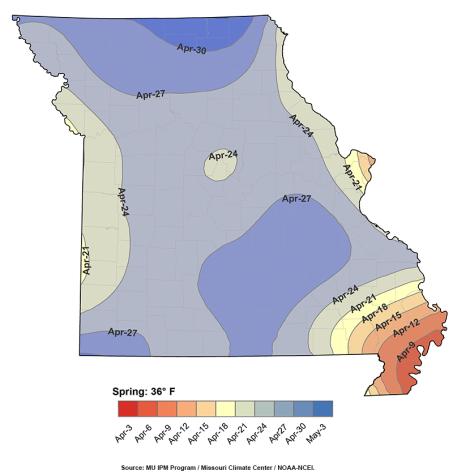
MU Extension guide lists first, last frost dates by region
COLUMBIA, Mo. – Spring and fall can be anxious times for gardeners. At the beginning of the growing season, you want to start the garden as early as possible, and at the end you hope for a few extra harvest days.
Don't be shallow when planting corn
COLUMBIA, Mo. – Yield potential drops when corn is not planted at the right depth, says University of Missouri Extension corn specialist Greg Luce.The right planting depth improves the chance of a good stand, Luce says.“The old rule of thumb—or index finger in this case—is to plant corn at a depth equal to the second knuckle on your index finger,” Luce says. That sounds simple enough, except the length of index fingers varies from…

Container gardening saves time, space and is easier on the back
COLUMBIA, Mo. – Container gardening can be a great option if time and space are in short supply.
Open windows can cause injuries, death for children
COLUMBIA, Mo. – There’s nothing better on a spring day than opening the windows and letting out the stale winter air. But unlocked windows can open up dangers for children. University of Missouri Extension state health and safety specialist Karen Funkenbusch says spring is a good time to review safety checks with family members, caregivers and others.
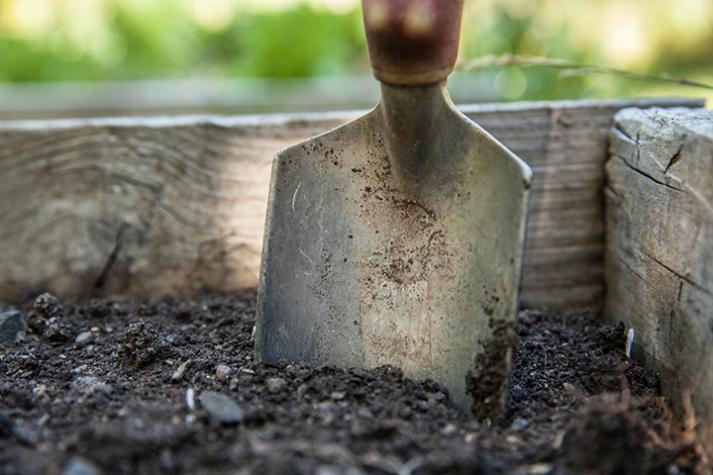
It's all about the slime: Building living soil
COLUMBIA, Mo. – A single teaspoon of living soil can contain billions of bacteria, protozoa and fungi.
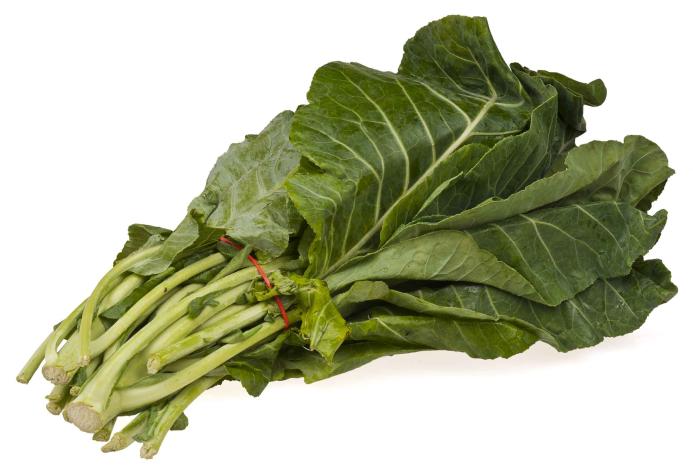
Don't wait too long to plant cool-season vegetables
KIRKSVILLE, Mo. - Radishes, carrots, broccoli and cauliflower all grow best in cool weather. That’s why they’re called cool-season crops.
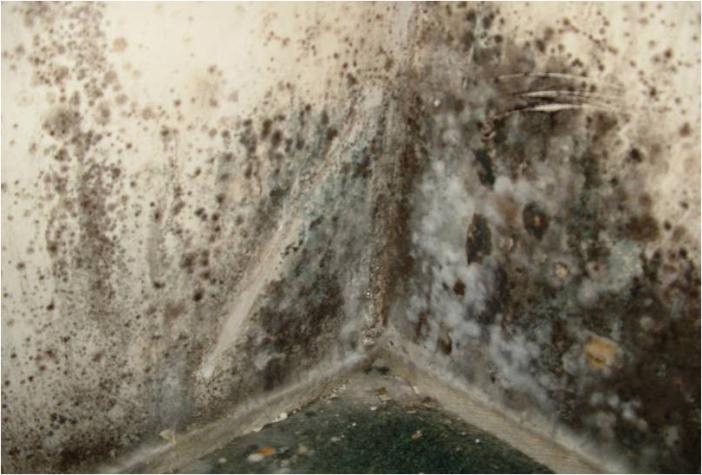
Managing household mold
COLUMBIA, Mo. – Missouri saw abundant rainfall in 2015. That’s often good news for crops but can be bad news for homes. Even if your home escaped serious flood damage, moisture seeping into your basement or condensing from humid air can create ideal sites for mold growth.
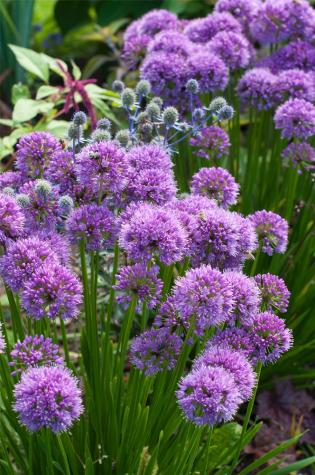
Alliums: Onion's pretty cousins
COLUMBIA, Mo. – While you’re familiar with onions, garlic, leeks and shallots, which are all members of the genus Allium, there’s a whole group in that genus that are known for their looks rather than their taste. They’re called ornamental onions or alliums. These striking members of the amaryllis family produce a long, leafless flowering stalk, or scape, topped with a ball-like bloom made up of a cluster of florets. In the garden,…
Test well water annually
COLUMBIA, Mo. – The human body is more than 70 percent water and it needs to be replenished every day. But how good is the water you’re drinking? If you have a private well, testing the water once a year is a good idea. “Mainly what we want to check for is E. coli bacteria,” says Bob Broz, University of Missouri Extension water quality specialist.
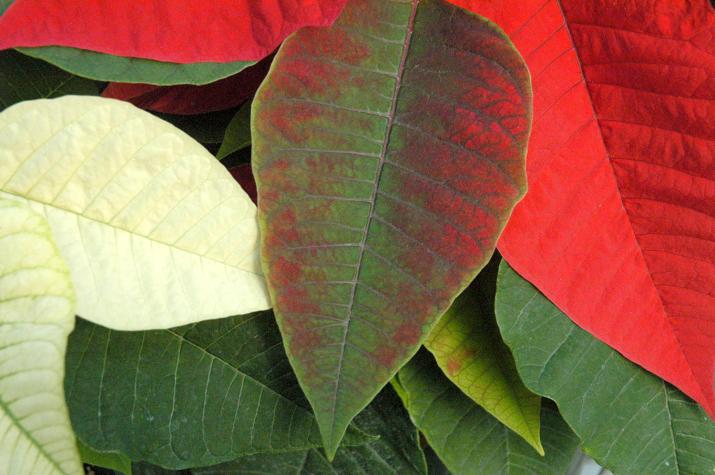
Botanical extreme sport: re-blooming poinsettia
COLUMBIA, Mo. – Every year Americans buy millions of poinsettias. But what do you do with all those plants after the holidays? Many people just throw them away, but there’s always those who wonder if they can be re-bloomed for next year. “It is quite a bit of work. However, it is a real botanical or horticultural challenge, and I would encourage everyone to accept the challenge at least one time,” said David Trinklein, horticulture…
Holiday foods: Safety tips for homemade and mail-order gifts
KANSAS CITY, Mo. – Candy, jellies, cookies and more—some of the best holiday gifts come from our own kitchens, or from the kitchens of local specialty food companies. If you plan to send gifts of food to family and friends this holiday season, don’t take a chance on your food going to waste. Pack it safely, mark it clearly and be sure to notify the recipient when to expect delivery.
